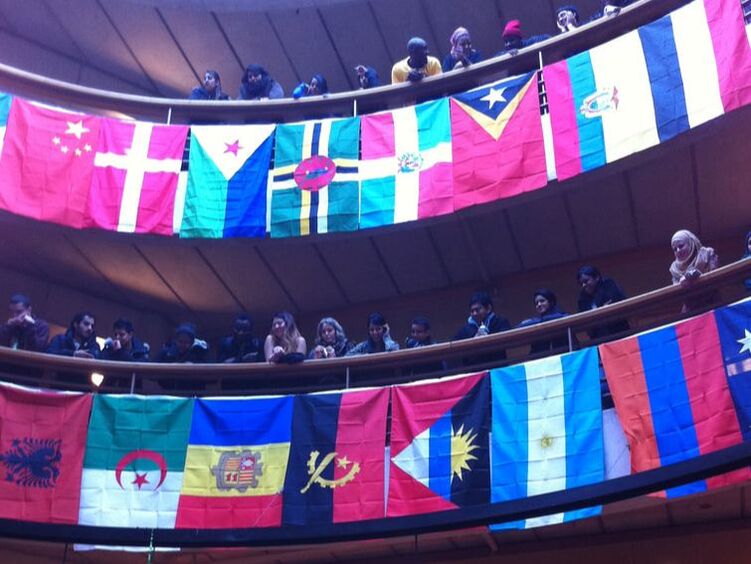|
|
|
Canada and the United States are touted as multicultural societies, both formally through multiculturalism policies and informally through cultural narratives and metaphors such as the 'melting pot.' Still, these policies, narratives and metaphors can actually mask persistent inequalities that immigrant populations must navigate through, even for populations that already appear well-equipped to adapt to the host culture.
This is the case for Filipina/os. In my Identities article, 'The centrality of neoliberalism in Filipina/o perceptions of multiculturalism in Canada and the United States', Filipina/o university students in Toronto and Los Angeles discuss their views regarding ethnic identity maintenance and inclusion in their respective environments. The results were a bit counter-intuitive.
Since Canada promotes formal multiculturalism through federally-funded events and support for community-building within various ethnic communities, one might expect Filipina/os in Toronto to have a greater sense of ethnic identity and sense of belonging in Toronto compared to their counterparts in California, mostly because of the absence of multiculturalism policies in the United States.
Instead, it appears Filipina/os in both contexts experience stigma in very similar ways because of their racial and ethnic differences. This inhibits a full sense of belonging. For many Filipina/os, these negative responses to their racial and ethnic differences negate any advantages they experience coming from a country already accustomed to Western values, ideas, cultures, education and institutions — a legacy of former colonisation in the Philippines by Spain and the United States. While Filipina/os in Toronto were aware of multiculturalism policy in Canada, they remained baffled by the everyday experiences of prejudice and discrimination and the lack of attention to stigma against them. The Toronto interviewees tended to adopt a 'blame the victim' approach that is associated with neoliberalism. Essentially, Filipina/os should be able to overcome any hardship in their lives if they just work harder. The problem with the neoliberal strategy of destigmatisation is that it puts no focus on institutions and social contexts, such as experiences of racism, classism, sexism, etc., as explanations for why some groups could be having a harder time fitting into the mainstream than other groups. The interviewees in California, by contrast, are more likely to emphasise the role of social institutions in the status hierarchy of Filipina/os in respect to the mainstream. Although the United States has no federally-funded policies for ethnic groups, there is a level of political activism, particularly in higher education, that has led to social change. The Third World Liberation Front and student-led strikes in the Bay Area during the 1960s worked in tandem with many people power movements of the time, which contributed to the creation of a College of Ethnic Studies at San Francisco State University and other ethnic studies programmes throughout the nation. This enables a history and vocabulary for the California students to critique nation-state relations between the United States and the Philippines, rather than say that Filipina/os simply must work harder. The findings caution against an overreliance on policies to address the past effects of discrimination. This is a story from the voices of Filipina/os that there needs to be a constant reminder of why those policies were there in the first place, particularly through critical discussions of race and ethnic relations that happen in universities. This is more likely to happen in California, but Toronto is beginning to address this need, too — even in the absence of a Civil Rights Movement comparable to the United States — as a number of scholars critique racial hierarchies and establish spaces for Filipina/os to heal, such as performing arts venues. These efforts demonstrate the enormous work needed to help people truly feel included in their very diverse societies.
Blog post by Vincent Laus, California State University, USA
Read the full article: Laus, Vincent. The centrality of neoliberalism in Filipina/o perceptions of multiculturalism in Canada and the United States. Identities: Global Studies in Culture and Power. DOI: 10.1080/1070289X.2019.1611071
0 Comments
Your comment will be posted after it is approved.
Leave a Reply. |
|
Explore Identities at tandfonline.com/GIDE |
|
The views and opinions expressed on The Identities Blog are solely those of the original blog post authors, and not of the journal, Taylor & Francis Group or the University of Glasgow.

